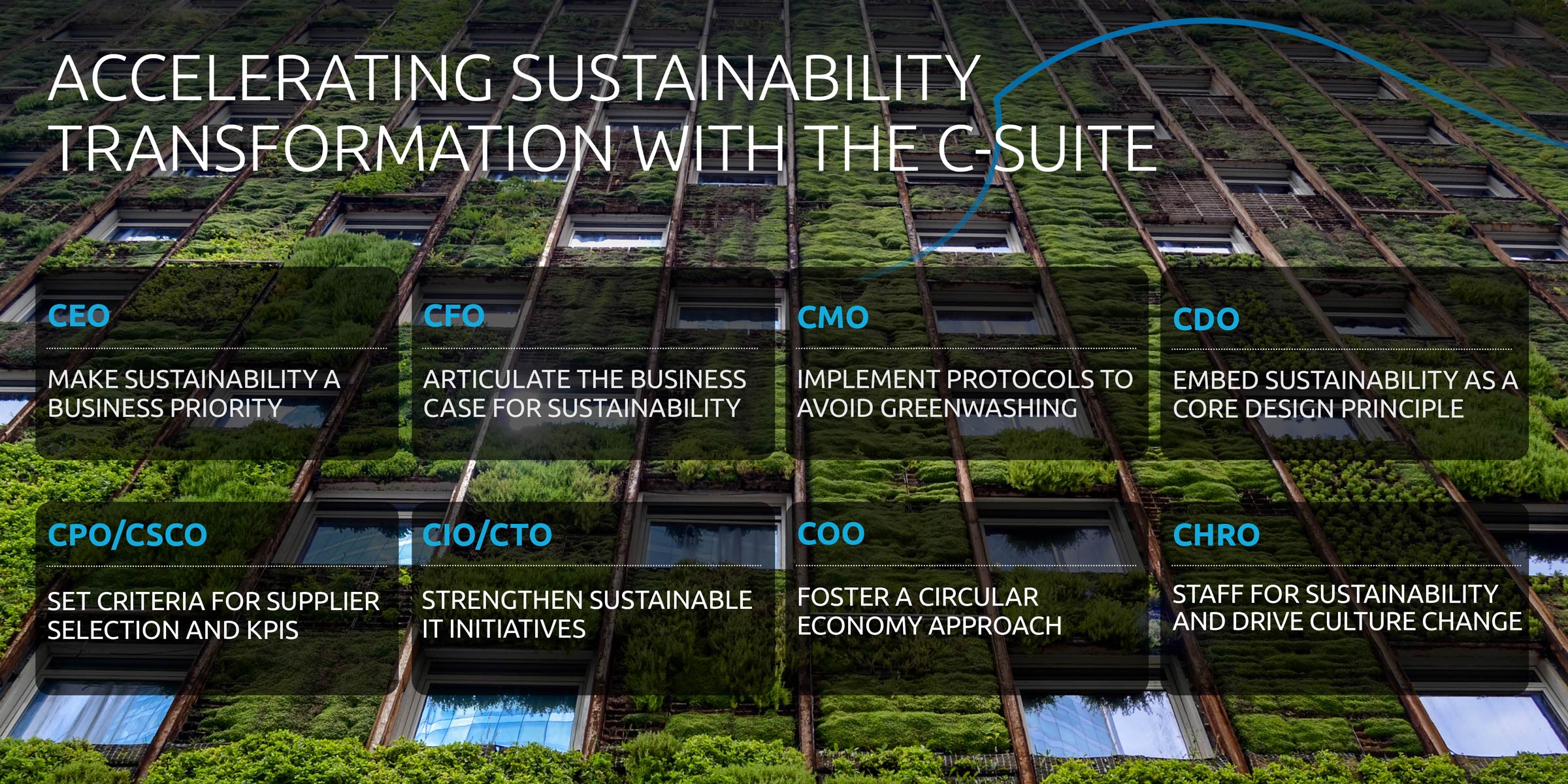When It Comes To Net Zero, Pulling Together Is the Only Way Forward
If companies are serious about sustainability, they must adopt a collaborative approach.
One clear problem plaguing many businesses is a lack of organization. Despite company-wide commitments, many sustainability efforts are still being implemented in silos, without visibility or collaboration across departments. The importance of rolling out initiatives across the entire organization was a lesson that businesses often learned the hard way through the digital transformation. Now, they need to apply those learnings to accelerate their sustainability evolution and reach their net zero goals.
One for all, and all for one
In many cases, a company’s capacity for enterprise-wide collaboration and adoption of new working models is limited by the company culture in place. In a recent Capgemini study, 60% of executives surveyed said that aligning with the demands of employees and potential employees is a key motivator for their company to adopt sustainability. However, ambition is not always supported by action.
Just half of the executives surveyed by Capgemini said their organization gives employees autonomy to develop solutions to sustainability challenges. The proportion of organizations that adequately equip their employees to support low-carbon transition is even lower, at 41%.
In parallel, organizations are also failing to collaborate with key internal stakeholders, with only about half able to boast an open innovation culture when it comes to sustainability. In Capgemini’s study, 51% said their companies act on the concerns of internal stakeholders, such as board members, C-suite executives and employees, when shaping sustainability initiatives.

Everyone, everywhere: changing hearts, minds and behavior
We cannot tackle climate change without global collaboration. Similarly, companies cannot make effective change while they continue to concentrate on small sustainability initiatives and discrete projects with no overarching strategy or governance mechanism.
Sustainability must be made central to a company’s culture and talent pool. This means that organizations need to focus on recruiting and upskilling employees on sustainability skills, such as carbon accounting and environmental engineering. They need to encourage their workforce to adopt sustainable practices in their offices and, given the recent mass move towards remote working, in their homes.
Businesses also need to empower their employees to develop sustainable solutions, giving them autonomy to share and implement their ideas, and encouraging research and experimentation. This demands enterprise-level coordination, functional involvement, and a re-design of the operating model and business processes.
Everyone in the C-suite cast plays a leading role
Successful transformation requires combined action from all C-suite executives, as well as its board of non-executive directors. Leaders first need to share a common vision of how the business can be more sustainable, and prioritize initiatives for the short term. Then they have to communicate their aims company-wide, creating strategies, setting up taskforces, and putting in place the necessary systems to turn a vision into a reality. With combined action from all C-suite executives and functional departments, it is possible to accelerate the sustainability transformation and achieve net zero within a meaningful timeframe.

The end of silos; the start of true collaboration
Becoming a sustainable business requires combined action across the entire organization. Starting at the top, it must encompass all C-suite executives and then filter down. Only then can they make the wide-reaching changes necessary to achieve net zero and help protect our planet for future generations.
